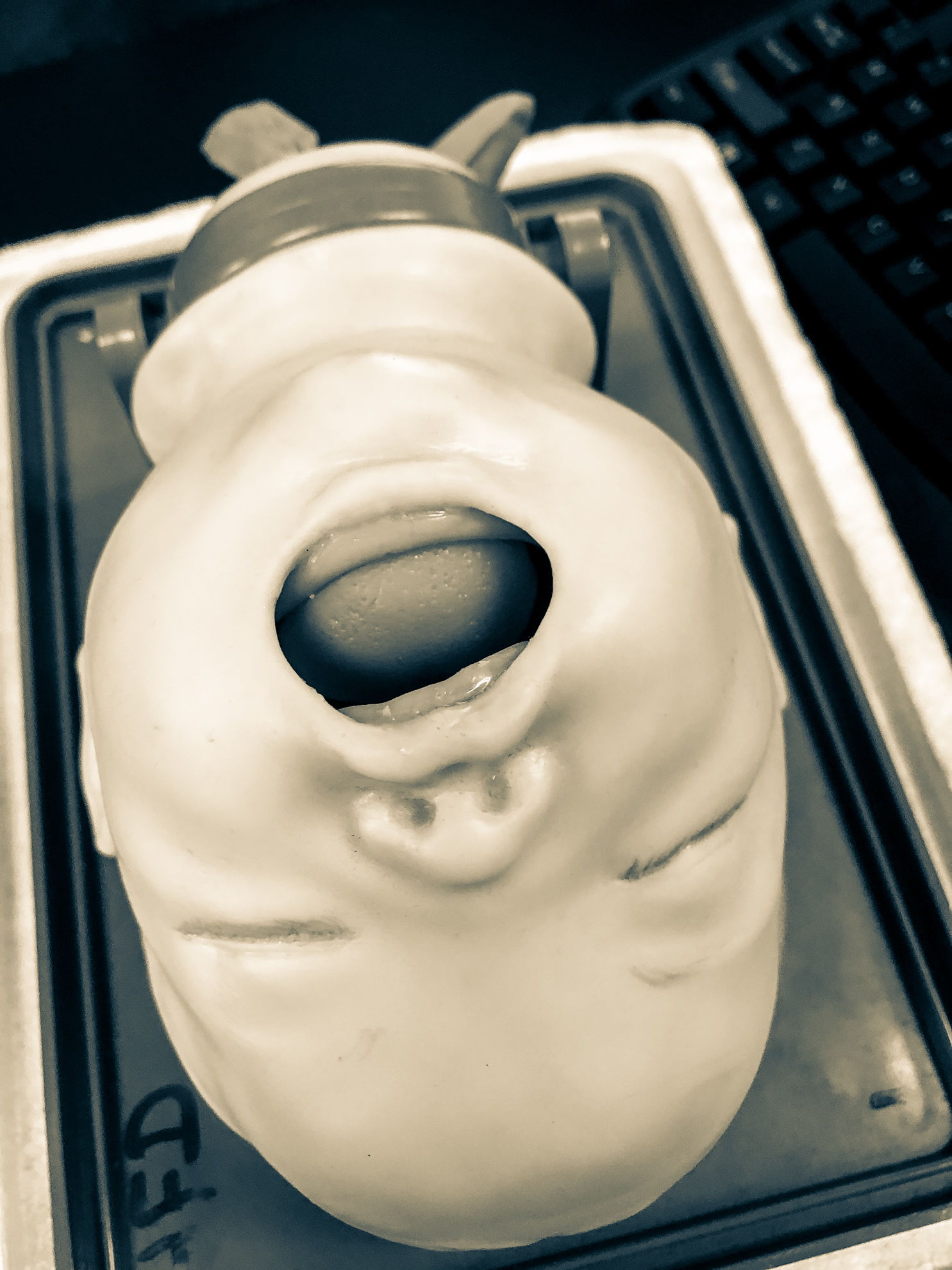EPAD Capstone Projects
Projects
Current: Video Laryngoscope ⊳
Future ⊳
Design and Build a Video Laryngoscope
Help Firefighters and EMTs to find an easy intubation solution.
Improve a traditional laryngoscope with a video camera
Design a pediatric video laryngoscope
-
Introduction
Traditional or direct laryngoscopy involves manipulating plastic or metal curved blades in order to displace the external and internal anatomy that would otherwise block a clear view of a patient's vocal cords. Once the cords are in view, a plastic endotracheal tube is gently inserted through the vocal cords into the patient's trachea. This tube is then used by clinicians to ventilate a patient.
However, data has shown that the success rates of traditional laryngoscopy are typically low, especially in pre-hospital environments. Failure occurs when the clinician lacks a clear view of the patient's vocal cords. Views can be obstructed for myriad reasons including: swollen tongues, facial trauma, large amounts of adipose tissue, blood or vomit in the airway.
Video laryngoscopy is a modern form of laryngoscopy where clinicians can view the vocal cords indirectly by way of a fiber optic or digital laryngoscope. The advantages of using video laryngoscopes include reduction in clinician induced trauma and obtaining a better view of the cords. The introduction of video laryngoscopy has greatly improved intubation success rates for local Fire/EMS services. However, many adult video laryngoscopy devices will not work with pediatric patients. This results in Fire/EMS using traditional laryngoscopy during the intubation of pediatric patients. A well-designed pediatric video laryngoscope solution is needed, preferably one that can work for all ages and body types.

Infant manikin training device
Future Projects
TBA ⊳
TBA ⊳
possimus 🔥
🚧 This section is under construction...
Last updated 🔧
Eligendi maiores possimus et
adipisicing elit
-
sit amet
🚧 This section is under construction...
Lorem ipsum
Photograper: Ran Yang.
Photos are processed by Ran Yang with Adobe Photoshop Lightroom cc.